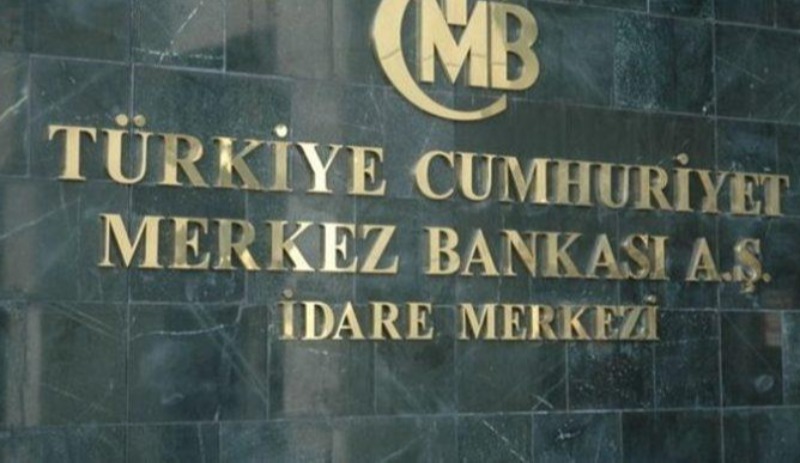(Bloomberg) — Turkey’s central bank asked lenders to limit dollar sales to companies that don’t have urgent payments and to prioritize meeting demand from special government-backed lira deposits, according to people with direct knowledge of the matter.
The monetary authority made the requests verbally on Tuesday, the people said, asking not to be named because the demands weren’t public. The central bank declined to comment.
The lira savings plan, known locally as the KKM program, is designed to boost demand for the local currency with a state-guaranteed return on lira deposits that matches or beats any decline against the dollar. It was introduced in the midst of a currency crisis in late 2021 and has become the government’s preferred tool to try and stabilize the lira.
But demand for dollars increases when those accounts reach maturity, and authorities and bankers were bracing for unusually high demand on Tuesday, the people said.
The amount invested in KKM accounts rose above $100 billion as of April 20, according to data published by the banking regulator BDDK.
Last month, some lenders were warned that they had been assigned a daily limit on how much foreign currency they should buy on the interbank market beyond their needs under the KKM program.
The central bank’s total foreign-exchange and gold reserves have come under renewed pressure as the central bank sells gold to meet surging local demand for the precious metal, which is used as a hedge against inflation and currency depreciation, ahead of elections on May 14.



